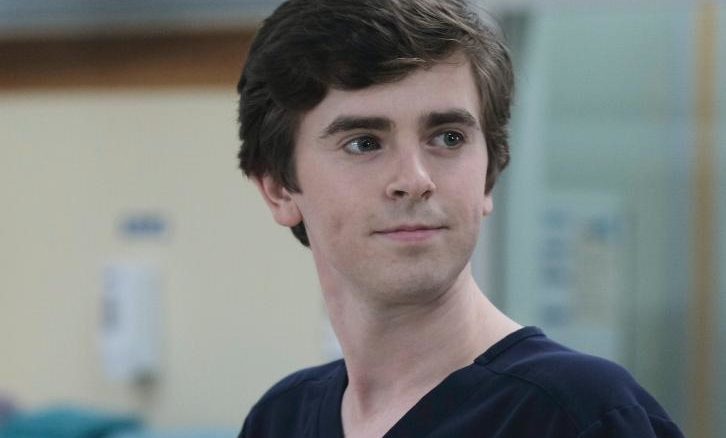
Television drama, The Good Doctor, about an autistic surgeon, has helped increase the spotlight on Autism, the complex developmental disability in Australia and the world.
And in a few weeks time as Easter ends, the attention will intensify even more with Autism Awareness Day on April 2 kicking off Autism Awareness Month as designated by the United Nations.
Autism organisations worldwide use the time to raise awareness and funds to help to support individuals living with ASD and their families. Autism Awareness month also focuses on the development of programs across the globe aimed at helping sufferers and their families.
Autism is a complex, lifelong developmental disability that affects a person’s ability to communicate, interact with others and cope in everyday situations.
In the case of TV’s Dr Shaun Murphy, a young surgical resident at San Jose St. Bonaventure Hospital in the US, he is an Autistic savant, one of the most fascinating cognitive phenomena in psychology.
“Autistic savant” refers to individuals with autism who have extraordinary skills not exhibited by most persons.
The cause of Autism is not fully understood, but structured early intervention, therapy and education delivered by professionals with expertise in ASD can make a significant difference.
Many special programs are being developed around the world, one particularly successful one having been created by US mother of seven and education expert Laura Kasbar.
Two of Laura’s children, a boy and a girl (twins) were diagnosed on the autism spectrum at a very early age, leading Laura to create GemIIni, the revolutionary and medical journal approved, web-based therapy program aimed at increasing language, reading and social skills for people with Autism, Stroke, Down Syndrome.
Gemllni offers educational videos for people on the autism spectrum and others with brain injuries and other types of learning disabilities. She lives on Balboa Island in Spokane, Washington.
The videos taught Laura’s son, Max, and daughter, Ana, not to just talk and read but to get into college at age 16.
At age 3, Max, had the language skills of a 10-month-old baby. He and twin, Ana, had been diagnosed with autism at age 2. While Ana had begun to say a few words, Max said none. Laura’s efforts to get her her son speak drove her to tears.
But she didn’t give up. The idea for the videos came when she recognized that her son needed a visual aid, a medium that would not be as intrusive as a three-dimensional person – something that would help him focus and learn.
Laura and her husband, Brian, stayed up into the early hours of the morning making the videos. She would have Brian record her saying the words, enunciating them, and show them to Max.
She told him to focus the camera on just her mouth so Max could see precisely how the word is said.
Within a few days, Max said his first word: “Puc.”
Well, it was cup. But, Kasbar was ecstatic and she knew her method worked.
The program itself has been implemented into university and public-school settings internationally, and is best used as “therapy homework” in addition to in-person therapy.
GemIIni and its Discrete Video Modeling platform, is completely customizable to each individual’s needs, easy to navigate, affordable, and has scholarships available based on financial need.
With now well over 60,000 accessible learning videos and counting, GemIIni has been transcribed into 5 languages and become a worldwide phenomenon that is changing the lives of non-verbal children and stroke patients, giving them the ability to speak while training (or retraining) their brain how to think.
*Autism Queensland’s annual Go Blue campaign during Autism Awareness Month is when supporters are asked to help raise awareness, and funds to help AQ support people living with ASD and their families, by holding an event or attending one being held in their local community.
There is also a great range of merchandise available for purchase from AQ’s eShop by individuals and businesses. (Schools and community groups can apply to sell Go Blue for Autism merchandise on consignment (approval conditions apply) when they register their event.)
In 2018 all funds raised will help Autism Queensland provide education, therapy and support services for children and adults living with autism.
For more information about Go Blue for Autism please call (07) 3273 0035 or email donations@autismqld.com.au.
SheSociety is a site for the women of Australia to share our stories, our experiences, shared learnings and opportunities to connect.

Leave a Reply